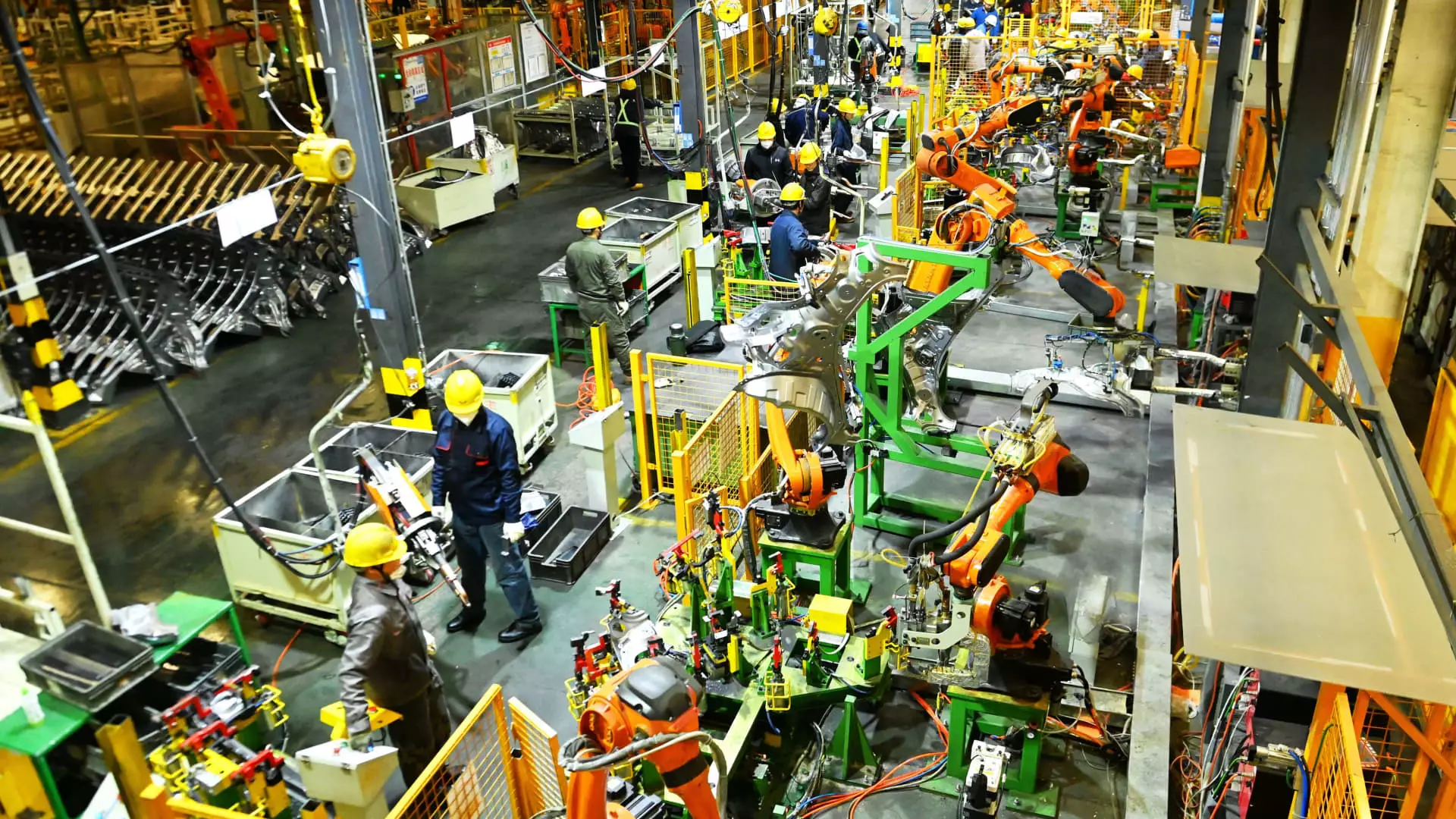7 Crucial Insights on Trump’s Auto Tariff Exemptions that Could Change Everything

The complexities of global trade, especially in the automotive sector, have reached a boiling point under President Donald Trump’s administration. Recently, Trump’s government indicated a possibility of exempting automakers from certain tariffs originally imposed on imports from China—a move designed ostensibly to curb fentanyl production and safeguard national interests. While this exemption could potentially offer much-needed reprieve to auto manufacturers, it simultaneously highlights the precarious balance the administration is attempting to maintain between national security concerns and economic vitality.
The crux of the matter lies in the tangled web woven by Trump’s tariffs. With a looming deadline for a 25% levy on imported vehicles and auto parts, the anxiety ripple across the industry is tangible. Automakers and their suppliers are grappling not only with existing costs due to levies on steel and aluminum but are also contending with a consumer market increasingly sensitive to price changes. The automotive industry’s reliance on global supply chains means these tariffs aren’t just a financial burden—they represent a potential fracture in the operational framework of U.S. auto manufacturing.
Industry Responses: The Dilemma of Relief Vs. Growth
The automotive industry is at a critical juncture, and as executives band together to lobby for exemptions, a common sentiment emanates from their correspondence with the Trump administration. The recent letter from six major auto policy groups lamented the “stacking” of tariffs and highlighted the precarious position many suppliers find themselves in—“in distress” and unable to absorb further cost increases.
What is particularly striking about this plea for relief is that it represents a unification of voices that typically advocate for competing interests. This granularity in the industry’s response underscores the dire straits that businesses face and the acute need for regulatory clarity. General Motors’ CEO, Mary Barra, articulated a critical perspective: without understanding impending policies, making sound investment decisions becomes all but impossible.
Barra’s plea for clarity speaks volumes. The automotive sector thrives on long-term plans and sustained investments, yet the unpredictable nature of tariff enforcement threatens to upend this process. Will the proposed exemptions materialize, or are they merely political posturing to soothe industry nerves in an election cycle?
Political Implications: Center-Right Perspectives on Tariff Policies
From the standpoint of center-right liberalism, the reliance on tariffs as a tool for economic policy invokes careful scrutiny. While the intention behind protecting domestic industries and American jobs is commendable, the execution often lacks nuance. Tariffs designed to shield industries can easily morph into punitive measures that stifle growth and innovation. In the case of the automotive sector, instead of amplifying national pride by boosting American-made products, the prolonged imposition of tariffs risks instigating retaliatory measures that may ultimately harm domestic consumers and manufacturers alike.
Moreover, the strategy neglects the broader implications of globalization. The world is increasingly interconnected, and the U.S. automotive industry stands to lose its competitive edge unless it embraces a more flexible and adaptive approach to trade. Unilaterally increasing tariffs could deter foreign investments and technology transfers that would otherwise benefit American automakers.
Furthermore, the discontent that emerges from these policies threatens to deviate from the core principles of a free-market economy, which thrives on competition and consumer choice. Wouldn’t it be more beneficial to incentivize innovation and efficiency through tax breaks or subsidies in lieu of crippling tariffs? Allowing the market to dictate outcomes would likely cultivate a stronger auto industry long-term while alleviating the financial strain placed on manufacturers.
In pondering the implications of President Trump’s potential auto tariff exemptions, one must also grapple with the essential question of how best to structure an environment conducive to sustained growth and fairness in the automotive industry. While short-term relief may prove beneficial, it is crucial to delve deeper and create a systemic change that encourages innovation, investment, and a proactive stance toward future trade relations.





